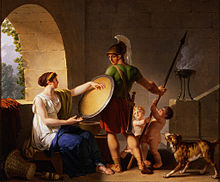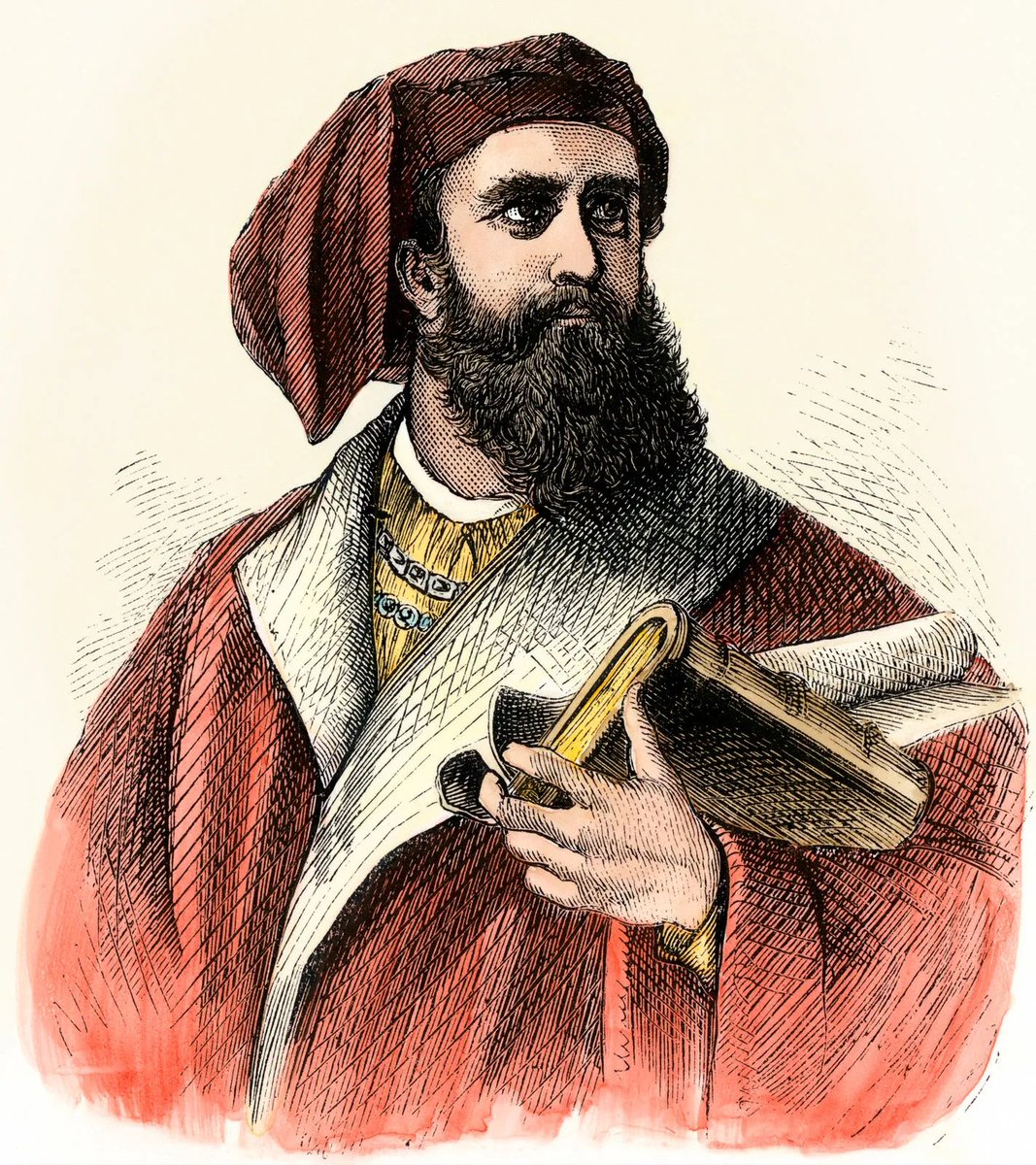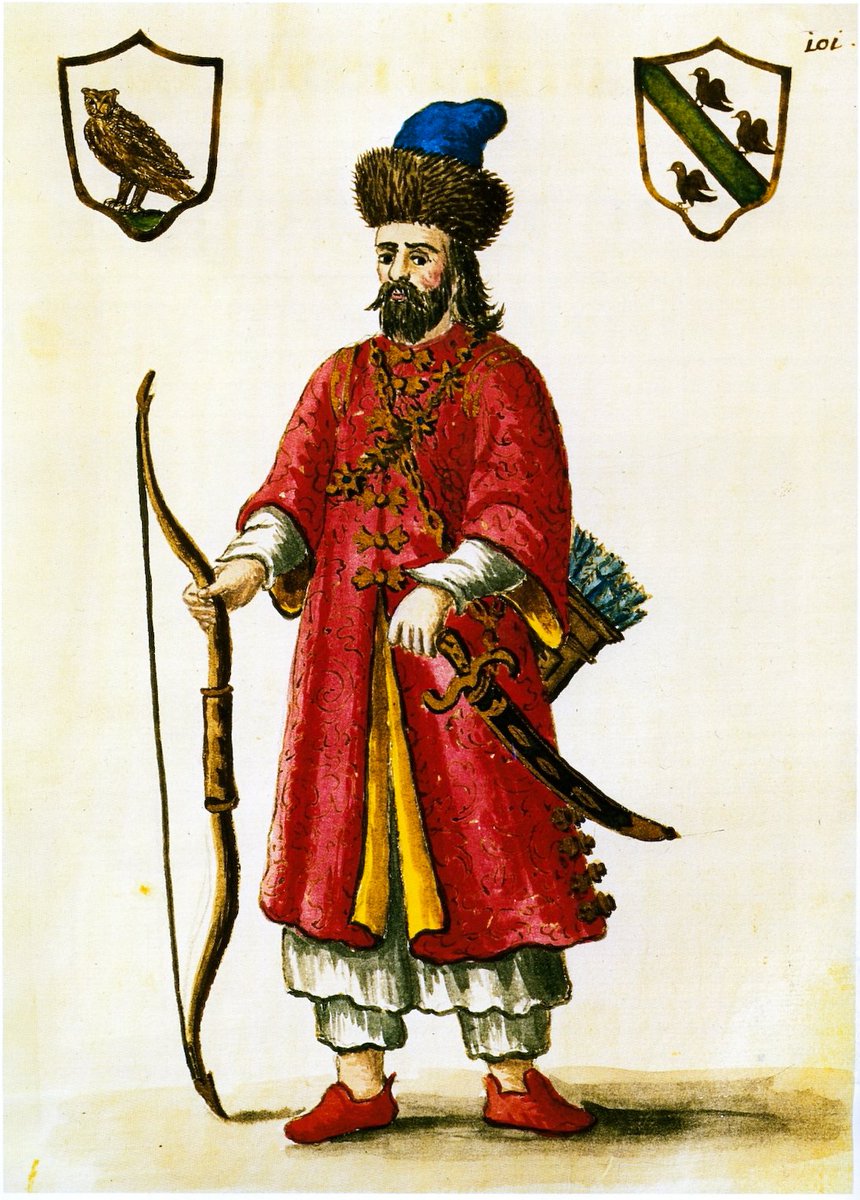Hatshepsut was the fifth Pharaoh of the 18th dynasty of Egypt. She is the second-ever female ruler to rule Egypt and lived from 1507-1458 BC. 

Agrippina the Younger was a Roman empress and is said to be the most prominent woman of the Julio-Claudian dynasty, which was the family of the first five emperors of the Roman empire. She lived from 15-59 AD. 

Joan of Arc, also known by the title "The Maid of Orleans" or "Maid of Lorraine", is known as the heroine of France. She lived from 1412-to 1431. 

Cleopatra VII was the last ruler of the Ptolemaic dynasty in Egypt, which was started by the Macedonian general of Alexander The Great, Ptolemy I Soter. She lived from 69-30 BC. 

The Trung Sisters were Vietnamese military generals, who led a rebellion against the Chinese Han dynasty's invasion of Vietnam. The sisters' rule flourished between 39-43 AD. 

Rani Lakshmibai, also known as the Rani of Jhansi, was an Indian queen, and one of the leading figures of the Indian war for independence. She was the queen of Jhansi, which was a feud of the Maratha Empire during the time. She lived from 1828-to 1858. 

Borte Ujin, was the first wife and most trusted advisor of Genghis Khan. She was also the empress of the Mongol empire. She lived from 1161-1230. 

Empress Wu Zetian was the founder of the Second Zhou dynasty in China. She was the first and only empress of China. She lived from 624-705. 

Olympias was the wife of Philip II and mother of Alexander the Great of Macedon. She is known as both a sacred and violent woman. She lived from 375-316 BC. 

Zenobia was the queen of Palmyra, an ancient city located in modern-day Syria. She was also an opposer to Rome and lived from 240 to 274. 

@HachetteIndia @myhistorytales @DeepintoHistory @CacheHistory @Empower_Women @UN_Women @WomenintheWorld @WomensHealthMag @VoicesofIWC @whencyclopedia @AntiquityWomen @womensmarch #zacsangeeth #WorldHistoryin3points #womenempowerment #WomensDay #WomensHistoryMonth #HistoryofWomen
History is fun! Buy today amzn.to/3siP2sr
@threadreaderapp unroll
• • •
Missing some Tweet in this thread? You can try to
force a refresh




























